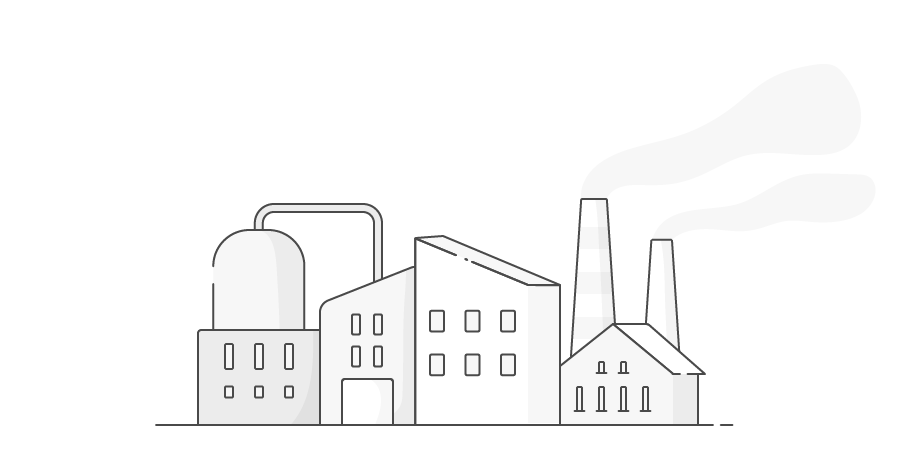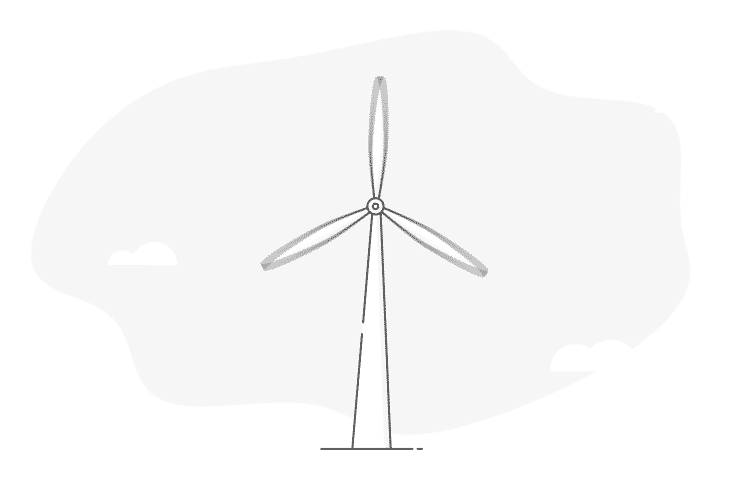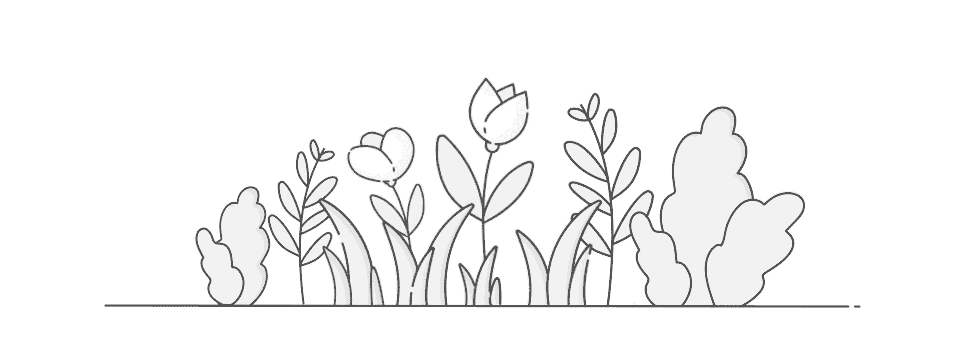In recent years, renewable energy (aka, green energy) has pretty much become a buzzword. From green energy technology initiatives to the Green New Deal, the ‘global green energy rush’ is skyrocketing.
Our primary sources of energy, fossil fuels, are running out, and burning them causes pollution (greenhouse gas emissions) — a leading cause of global warming. Due to global warming the world is getting hotter and according to Lemonade’s Giveback cause 350, the world could get 1.5˚C hotter as soon as 2030. That’s only a decade from now, well within the lifespan of most people alive today.
Extracting fossil fuels, through mining and drilling have serious consequences for our environment and health. That’s why new forms of clean energy are emerging to help us reduce our dependence on ‘dirty energy’ sources.
You may have heard of this green energy movement, but you may also be wondering what exactly is renewable energy, and more importantly — why should you care?

What is renewable energy?
TL;DR: Renewable energy is clean energy that comes from natural resources, such as the sun, wind, and water (think: solar, wind, and hydro energy).
Why is it better?
First off, with renewable energy, we never need to worry about things like the sun and wind running out like fossil fuels will. Plus, they have far fewer negative consequences for our environment, since they can replace fossil fuels.
According to the National Renewable Energy Laboratory (NREL), if 80% of the US’s electricity comes from renewable sources by 2050, we can reduce emissions by around 81%.
Global green energy use
It’s no coincidence more countries are capitalizing on the benefits of green energy, including both developed and developing nations.
At a 2016 United Nations Climate Change Conference, nearly 50 countries agreed to exclusively use renewable energy by 2050. And roughly a fifth of the world’s electrical power production now comes from renewable sources. (Renewables Global Status Report.)
Where does the US fall in all of this? Renewable energy sources accounted for almost 20% of the country’s electrical needs in the first half of 2018, according to the US Energy Information Administration. While the US has seen progress, there’s still room for improvement.
Meanwhile, the UK, Germany, Sweden, and Iceland are leading the way in renewable energy. Germany set a record in 2017 for fulfilling about 85% of its electricity needs with solar.
If green energy is so great, why aren’t we all using more of it?
Let’s address the big smog cloud in the room: If green energy is so great, why do we continue to rely on harmful fossil fuels?
1. Cost of investment
One of the biggest barriers is cost. While renewable energy is ‘free’ and the maintenance is minimal, building the technology is expensive.
In other words, though it’s cheaper in the long run, the upfront expense is a real road block for investors and politicians. On the other hand, fossil fuels are relatively easy to access and cheap to use.
2. Unreliability
Renewable energy sources aren’t always reliable. If a wind turbine relies on wind for its power, or sun for solar panels, what happens when the weather changes? The fact that wind and solar don’t produce energy around the clock can be an obstacle for some.
3. Lack of incentive
Without government incentives for investors, the renewable energy market growth is seriously hindered.
For example, the government has been offering tax incentives for the production of fossil fuels since 1916. In turn, the government could further increase their current tax incentives to boost the renewable industry.
4. Lack of education
One of the biggest challenges is getting people to switch from their non-renewable energy sources, especially since many assume it’s unreliable and expensive.
Our lack of education and misinformation around renewable energy still remains one of the largest barriers in green energy production.
How can we utilize renewable energy?
When it comes to the environment, many of us think of ourselves as ‘pro-green’ and environmentally aware. We recycle our plastic, turn off the lights when we leave the room, and some of us might even commit to ‘meatless Mondays.’ Even still, it looks like we really don’t know how to integrate renewable technologies into our everyday lives.
While we have some hurdles to overcome, tapping into green energy alternatives doesn’t need to be complicated. Embracing clean green power just takes a few simple tweaks, so the world (and your pocket) can reap the benefits.
5 ways to go green
1. Switch to green power
The most straightforward way is to contact your current provider and see if they offer some alternative energy services. Or check out companies like Arcadia Power that offer a nationwide service to make renewable energy available to residential customers. The service helps ensure there’s no change to the price of your electricity bill.
2. Embrace solar panels
Solar panels use the sun to generate electricity. They’re made up of tons of tiny cells, and the more sunlight that hits a cell, the more electricity it produces.
In the past, solar panels were inefficient. But in the last couple of years, solar panels have become more efficient and affordable. More Americans than ever are embracing solar energy (including Elon Musk, who helped start a solar panel company called SolarCity), and a record-breaking 10% of electricity generation derived from wind and solar in 2018, according to National Geographic.
The easiest way to introduce solar panels is in the form of security lights in your garden — they’re 100% cheaper than electric lights!
3. Integrate smart technology in your home
The emergence of smart technology is the perfect opportunity to promote sustainability. Developed for luxury and convenience, smart technology can also be used for environmental efficiency.
Automate your thermostat or air conditioning to control your heat, and you can cut your electricity usage by 10-30%, according to the US Environmental Protection Agency.
You can also automate water irrigation for your garden, your blinds to keep your house cool, and any other lighting or appliances in your home.
The best thing about using smart technology is it actually makes your life more efficient while saving money on your bills.
4. Reduce your carbon footprint
Your carbon footprint is the amount of carbon that goes into the air due to your consumption of fossil fuels. So when you drive your car, your engine burns fuel, which releases a certain amount of carbon dioxide (depending on the type of fuel and distance you drive).
Whenever you avoid driving your car, you’ll reduce your carbon footprint.
If you’re really committed to lowering your footprint, think about leasing an electric car when your current one runs out of juice. But take note that manufacturing electric cars may produce more emissions than the car itself ever will, according to The Guardian. So your best bet is keeping your old car on the road for as long as possible, by properly maintaining it and using it sparingly.
BTW, Lemonade just launched car insurance, which gives a discount to hybrid and EV drivers.
5. Utilize your voting power
Climate change has become an important and pressing issue within our government. Using your voting (and lobbying) power, you can support officials who put the environment at the top of their agenda, and encourage your friends to the same.
While each of us can boost our renewable energy usage in our day-to-day lives, effective government policies can make a world of a difference in reducing our dependence on ‘dirty energy’ sources.
Another approach is supporting nonprofit organizations that are working tirelessly to help solve climate change. One of Lemonade’s Giveback partners, 350, helps fight for a safe climate and a better future by advocating for renewable energy usage. Their online campaigns, grassroots organizing, and mass public actions bring together an active network active in over 188 countries.
Making real changes
It can be hard to think about our environment on a daily basis. Life is busy, and it’s tempting to take the easy option — throw the laundry in the dryer, or take the car to run an errand.
But the state of our Earth is in serious jeopardy, and has been for a while. We’ve inflicted irreversible damage on our environment, and although we may not be in immediate danger, there’s no doubt our children will be.
Reducing the use of fossil fuels will improve the quality of our air, reduce our dependence on foreign oil, and create thousands of new jobs through green energy.
The state of the planet shouldn’t rest on our shoulders alone. We need to make small changes together, and commit to be kinder to our Earth — after all, we have no other planet.

